In a world increasingly focused on sustainability and the reduction of environmental impact, jute has emerged as a versatile, eco-friendly material with immense potential. Often called the “golden fiber,” jute is a long, soft, and shiny vegetable fiber primarily cultivated in South Asia, particularly in India and Bangladesh. Its importance extends far beyond its traditional use in textiles and packaging, contributing to a more sustainable and environmentally-conscious global economy. Here’s why jute products play a crucial role in building a sustainable world:
1. Biodegradability and Environmental Safety
One of the key reasons jute products are important for sustainability is their biodegradable nature. Unlike synthetic fibers such as plastics, which can take hundreds of years to decompose, jute is completely biodegradable within a few months under natural conditions. This means that discarded jute products do not contribute to long-term pollution, making them a safer alternative to plastic bags, packaging materials, and other synthetic goods that cause environmental degradation.
By replacing plastic with jute-based alternatives, we can significantly reduce the amount of waste that ends up in landfills and oceans, curbing the harmful impact on ecosystems and wildlife.
2. Renewability and Low Environmental Impact
Jute is a renewable resource. It grows quickly, often reaching maturity within four to six months, making it a fast-replenishing crop. Unlike many industrial crops that rely heavily on chemical inputs, jute requires relatively little in the way of fertilizers or pesticides. This low reliance on harmful chemicals helps maintain soil health and reduces pollution of water bodies from agricultural runoff.
Moreover, jute cultivation improves soil quality by adding organic matter and nutrients back into the earth, ensuring that farming is sustainable for future generations.
3. Low Carbon Footprint
Jute has a remarkably low carbon footprint compared to synthetic materials like plastic and polyester. Jute plants absorb a substantial amount of CO2 from the atmosphere during their growth, contributing to the mitigation of greenhouse gas emissions. Additionally, the production process for jute requires minimal energy, especially when compared to synthetic fiber production, which often relies on fossil fuels and energy-intensive manufacturing processes.
Using jute products instead of plastics and other non-biodegradable materials can help reduce carbon emissions, making jute an important player in the fight against climate change.
4. Versatility and Range of Applications
Jute is a highly versatile material, capable of being spun into coarse or fine threads, which are then used to make a wide range of products. From jute bags and rugs to ropes and eco-friendly packaging, jute finds applications in numerous industries. In recent years, there has been growing innovation in jute-based products, including biodegradable cutlery, furniture, footwear, and even construction materials.
As a result, jute can replace more environmentally harmful materials across multiple sectors, promoting sustainability across industries such as fashion, agriculture, and construction.
5. Supporting Rural Economies and Livelihoods
Jute cultivation is a major source of livelihood for millions of farmers in developing countries like Bangladesh and Bangladesh. Promoting jute production helps support rural economies by providing jobs and income to farming communities, many of which are located in ecologically vulnerable regions.
By purchasing jute products, consumers are not only opting for an eco-friendly choice but also contributing to poverty alleviation and economic development in rural areas. This aligns with global sustainability goals that prioritize both environmental preservation and social equity.
6. Contribution to a Circular Economy
In a circular economy, products are designed and produced with the intent of being reused, recycled, or decomposed back into the ecosystem without causing harm. Jute fits seamlessly into this model. Its durability means jute products can be reused multiple times, and at the end of their lifecycle, they decompose into natural elements, replenishing the soil.
By embracing jute, industries and consumers can move away from the linear “take-make-dispose” model of consumption and instead adopt practices that align with the principles of reuse, repair, and regeneration.
7. Combatting Plastic Pollution
One of the most urgent environmental challenges of the 21st century is plastic pollution. Oceans, rivers, and landscapes worldwide are choking with plastic waste, posing serious threats to marine and terrestrial ecosystems. Jute, as a natural fiber, offers a viable alternative to plastic, especially for products like shopping bags, packaging, and disposable items.
Governments and organizations are increasingly turning to jute to replace single-use plastics. For example, several countries have launched initiatives to ban plastic bags and encourage the use of jute bags as a sustainable alternative. By adopting jute, we can reduce the production and consumption of plastics, making significant strides toward mitigating pollution.
8. Climate Resilience and Agroforestry
Jute is not only environmentally friendly in its production but also plays a role in climate resilience. Jute can be grown in diverse climates, including areas affected by flooding and monsoons. Its cultivation helps prevent soil erosion, especially in flood-prone regions, contributing to landscape stabilization.
Additionally, jute can be integrated into agroforestry systems, where it is grown alongside other crops and trees. This promotes biodiversity and enhances the resilience of farming systems in the face of climate change.
Jute as a Pillar of Sustainable Living
The importance of jute in building a sustainable world cannot be overstated. Its biodegradability, renewability, and low carbon footprint make it a key material in the fight against environmental degradation and climate change. By choosing jute products over synthetics, we can reduce pollution, support rural economies, and promote a circular economy that benefits both people and the planet.
For a truly sustainable future, industries, governments, and consumers must all recognize the immense value that jute offers and incorporate it into everyday life. In doing so, we take a crucial step toward protecting the Earth’s ecosystems and creating a more equitable and sustainable world.
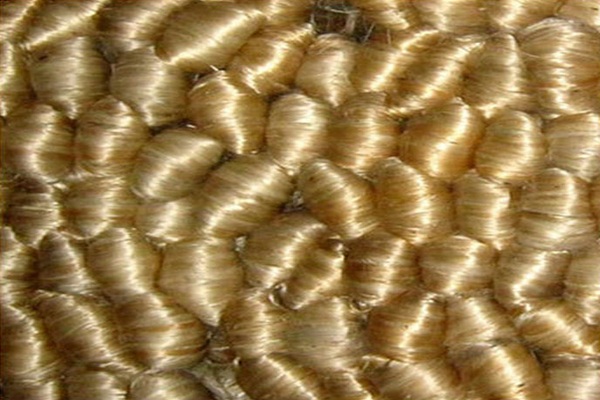
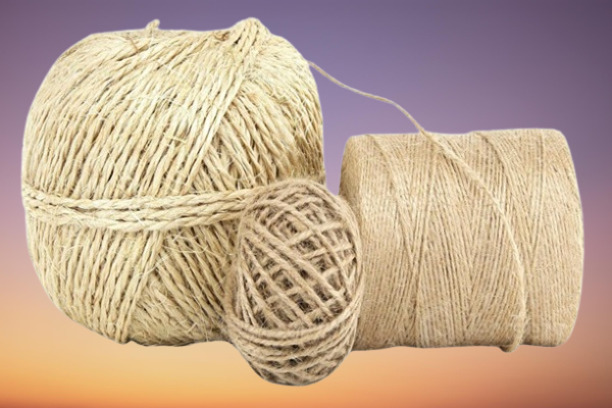
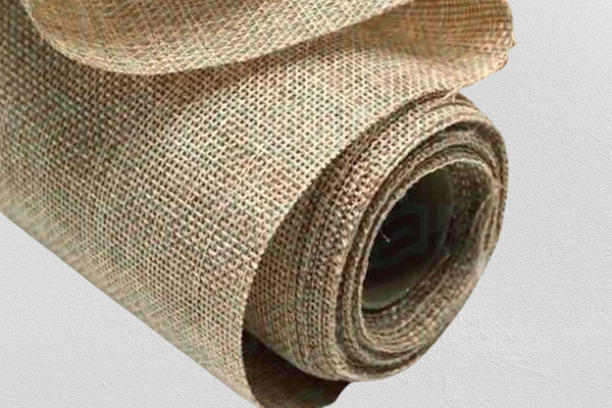
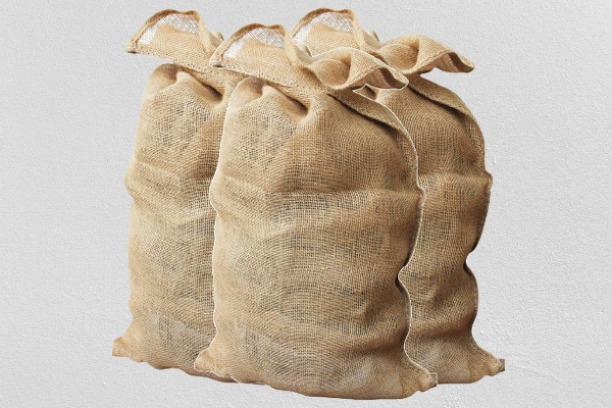
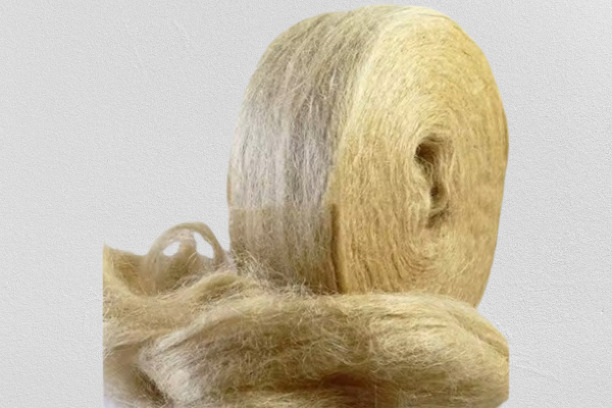

Quick Links
Get In Touch
House # 1/E/10, Road # 7/A, Dhaka-1209, Bangladesh
info@goldenjuteglobal.com
goldenjuteglobal@gmail.com
© Golden Jute Global. All Rights Reserved.